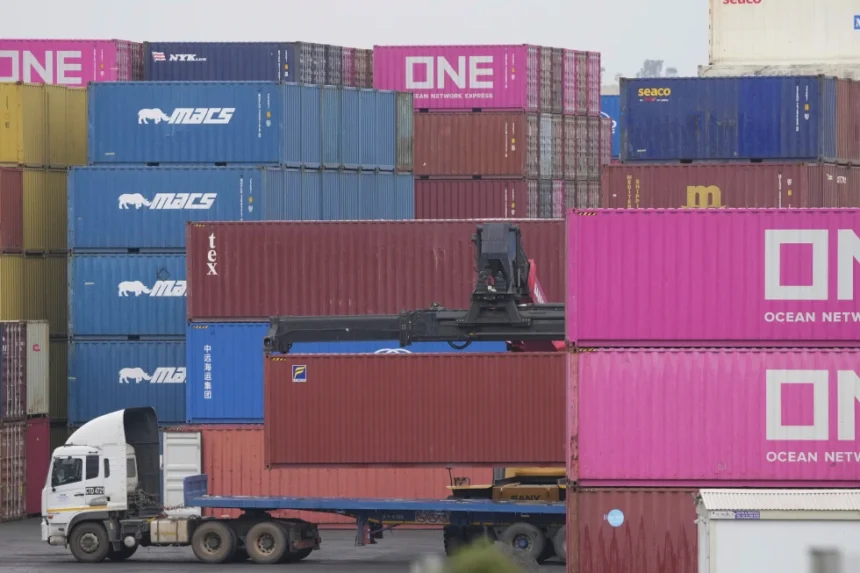In an interconnected global economy, the repercussions of national trade policies resonate far beyond borders. Recent decisions by the Trump administration to impose tariffs on a range of products have placed South Africa’s citrus sector in a precarious position, threatening approximately 35,000 jobs in this vital agricultural industry. Farmers’ groups in South Africa are sounding the alarm, emphasizing the dire implications of these tariffs for entire communities and the broader agricultural economy.
A Lifeline for Local Economies
The citrus sector is one of South Africa’s key agricultural exports, contributing substantially to both local economies and national GDP. The industry provides livelihoods to thousands of workers, often in communities that rely heavily on agriculture as a primary source of income. According to the Citrus Growers Association, the citrus export market is not just crucial for producers but also for associated industries, including transportation, processing, and retail.
Historically, the United States has been one of South Africa’s largest markets for citrus exports. However, tariffs introduced by the Trump administration, ostensibly aimed at protecting American agriculture and manufacturing, are straining these established trade relations. Farmers’ groups have warned that the imposed tariffs raise the cost of South African citrus in the U.S. market, making it more challenging to compete against domestic and other foreign products.
Economic Fallout: The Job Loss Forecast
The immediate threat suggested by the farmers’ groups is alarming; if current tariffs persist, they project the potential loss of around 35,000 jobs across the citrus economy. This figure encompasses not only farm workers but also impacts related sectors that depend on the citrus industry for their livelihood. Loss of jobs in agriculture often leads to a cascade of socioeconomic consequences, including diminished local spending power, increased poverty levels, and the potential collapse of small businesses that support these agricultural communities.
An Industry in Peril
Importantly, the citrus export business is marked by significant competition from other major producers like Spain and Morocco. With the tariffs, South African growers face an immediate disadvantage, forcing some to reconsider their operational models. Many citrus farms operate on thin margins; any increase in operational costs due to tariffs can lead to cutbacks or closures.
In a recent statement, the Citrus Growers Association declared that many farmers might have to make painful decisions, including the potential downsizing of their workforce or even shuttering their operations entirely. This situation creates a vicious cycle—loss of jobs leads to decreased economic activity in towns reliant on the citrus sector, which could spiral into broader economic decline.
A Call for Diplomatic Solutions
As these realities settle in, farmers and political leaders in South Africa are rallying for a reassessment of the current tariff policies. They urge the U.S. government to recognize the far-reaching consequences of these tariffs, not only on foreign economies but also on American consumers who may face higher prices for citrus fruits.
The situation underscores the need for diplomatic engagement and negotiation rather than unilateral trade actions. Experts argue for the necessity of dialogue to foster an environment that protects jobs and ensures fair competition.
Conclusion
In conclusion, the tariffs imposed by the Trump administration pose a significant threat to South Africa’s citrus industry, with dire implications for local employment and economic stability. As communities brace for challenging times ahead, continued advocacy for equitable trade policies and support for affected farmers will be essential in safeguarding jobs and revitalizing the vital citrus sector. The fate of 35,000 workers and entire towns hinges on the decision-makers who must now navigate the complexities of global trade and agricultural sustainability.
Email Us on editorial@nnafrica.com













